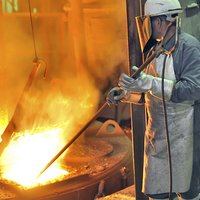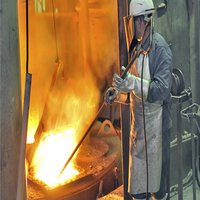The Transition of Energy Intensive Processing Industries Towards Deep Decarbonisation
Characteristics and implications for future research

Characteristics and implications for future research

Energy-intensive processing industries (EPIs) produce iron and steel, aluminum, chemicals, cement, glass, paper and pulp are responsible for a large share of global greenhouse gas emissions. To meet 2050 emission targets, an accelerated transition towards deep decarbonisation is required in these industries. Insights from sociotechnical and innovation system perspectives are needed to better understand how to steer and facilitate this transition process. The literature on transitions has so far, however, not features EPIs.
The paper by Joeri H. Wesseling, Stefan Lechtenböhmer (Wuppertal Institute), Max Åhman, Lars J. Nilsson, Ernst Worrell and Lars Coenen positions EPIs within the transitions literature by characterising their sociotechnical and innovation systems in terms of industry structure, innovation strategies, networks, markets, and governmental interventions. The authors explore subsequently how these characteristics may influence the transition to deep decarbonisation and identify gaps in the literature from which they formulate an agenda for further transitions research on EPIs and consider policy implications.
The article "The transition of energy intensive processing industries towards deep decarbonization: Characteristics and implications for future research" was published in Renewable and Sustainable Energy Reviews, volume 79. It is available via ScienceDirect.
